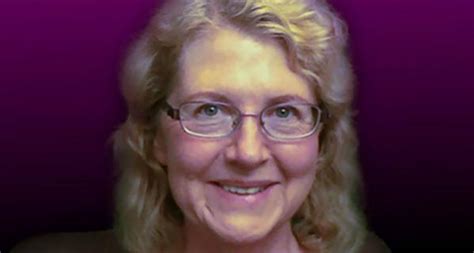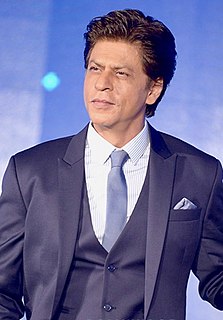A Quote by Emma Healey
The characters in a novel are made up, figments of the writer's imagination. I'm sure this won't come as a surprise to anyone, and it's not surprising to me either, but knowing this, feeling this, definitely made writing my second book harder.
Related Quotes
When you write a book, you want to have fidelity to the character. Characters and their emotions guide the structure of the novel. The author is aware that there's a certain amount of information she/he has to provide in order to satisfy the reader, knowing that she/he has set something up that must be paid off, but this payment must be made while maintaining fidelity to the characters.
Self-esteem is made up primarily of two things: feeling lovable and feeling capable. Lovable means I feel people want to be with me. They invite me to parties; they affirm I have the qualities necessary to be included. Feeling capable is knowing that I can produce a result. It's knowing I can handle anything that life hands me.
Having 'The Expats' not be 'wholesale-y' rejected by the world made it possible for me to write the second book and have a publisher buy it before it was entirely written. And it made it easier for me and my publisher to get 'The Accident' out into the world without trying to convince people to pay attention to it the way you do for a first novel.
I was a lot dumber when I was writing the novel. I felt like worse of a writer because I wrote many of the short stories in one sitting or over maybe three days, and they didn't change that much. There weren't many, many drafts. That made me feel semi-brilliant and part of a magical process. Writing the novel wasn't like that. I would come home every day from my office and say, "Well, I still really like the story, I just wish it was better written." At that point, I didn't realize I was writing a first draft. And the first draft was the hardest part.
The main characters for 'The Seer and the Sword' made an appearance one night and then haunted me for over five years before I began to write them down. Does that count as inspiration? For me, characters tend to show up, stay on to help with the work of writing their stories, and then occasionally deign to visit after a book is finished.
The problem with success is that you lose the capacity to fail and the capacity to surprise people. So, if I'm able to surprise myself every day, I can surprise you as well. If I enjoy someone's work and they offer me their project, I do it. So what's the point of the supposed creativity? If Mona Lisa could be made by anyone, then it wouldn't have been the most beautiful painting in the world. The knowledge that you can fail can make you come first.
If you think reading a book is hard, you should try writing one. Because it's even harder. It's still not as hard as writing a game, though. If you discount the purely visual pop-up parts, a book is made almost entirely of words. As a novelist, you just need to think of a few decent strings of words and then fill the other 98% of the book with more or less random descriptions of things and exclamation points.
I suppose it's possible that a writer would have feeling for his characters, but I can't see how, because writing is such a meticulous, intricate, technical business. I wish I could say that I love my characters and that frequently they take over the book and run away with the plot and so on. But they don't exist.






































